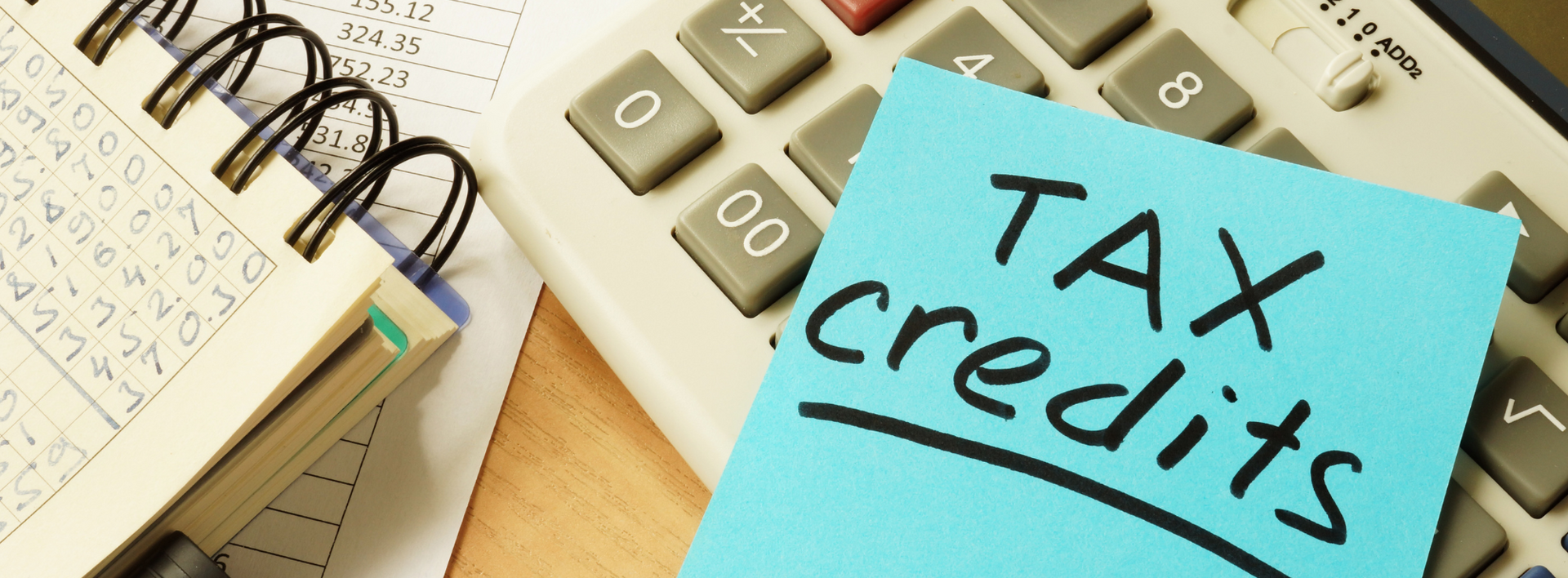For Canadian Small Business Only
How to Claim the British Columbia Sales Tax Credit
When you shop in BC, the price tag often doesn’t reflect the total amount you’ll pay at checkout. This is because provincial sales tax (PST) is added to most purchases. For some low-income individuals and families, the BC Sales Tax Credit is a helpful way to offset the costs of this provincial tax.
This refundable tax credit is designed to help low-income British Columbians reduce the impact of PST on their everyday purchases. Even if you have no taxable income, you can still claim the BC Sales Tax Credit and receive a refund by filing your tax return. Here’s a breakdown of how it works and how you can benefit from it.

Understanding PST and GST in BC
In BC, you pay a 7% Provincial Sales Tax (PST) on most goods, services, and software. Businesses are responsible for collecting PST at the time of sale. Additionally, there’s a 5% Goods and Services Tax (GST), which is a federal sales tax applied to most purchases across Canada. Together, BC residents generally pay a 12% total sales tax on purchases.
However, some goods and services are exempt from PST, such as:
- Basic groceries
- Health and medical supplies
- School supplies
- Safety equipment and apparel
What Is the BC Sales Tax Credit?
The BC Sales Tax Credit is a refundable credit available to low-income residents to help reduce the financial burden of paying PST on everyday purchases. You claim this credit when you file your income tax return, even if you have no income.
How Much Is the BC Sales Tax Credit?
The maximum amount of the credit is $75 for individuals and $75 for a spouse or common-law partner, totaling $150 for couples. However, the credit decreases as your income rises:
- If you are single, the credit is reduced by 2% of your net income over $15,000.
- For couples, the reduction begins when your combined family income exceeds $18,000.
For example, if a couple has a combined income of $27,000, their eligible claim is calculated as follows:
- Subtract $18,000 from their income, leaving $9,000.
- Calculate 2% of $9,000, which is $180.
- Subtract the $180 from their maximum claim of $150, resulting in a claim of zero.
Who Is Eligible for the BC Sales Tax Credit?
To qualify for the BC Sales Tax Credit, you must meet the following criteria:
- Be at least 19 years of age.
- Have a spouse or common-law partner.
- Be a parent.
You are also ineligible if you were incarcerated for more than six months during the tax year, including December 31.
How to Claim the BC Sales Tax Credit
Claiming the BC Sales Tax Credit is straightforward. Here’s how:
- File your income tax return: Use form 5010-TC BC479 to calculate your eligibility and the amount you can claim.
- Calculate your claim: Subtract $15,000 (for individuals) or $18,000 (for couples) from your income. Multiply the remaining amount by 2%, then subtract that from the maximum claim of $75 (or $150 for couples). The result is your eligible claim.
Automated Calculation
If you use tax software like TurboTax, the BC Sales Tax Credit is automatically calculated when you start your return. Initially, it will show the maximum amount of $75 for singles or $150 for couples. Once you enter your income, the software will adjust the credit accordingly.
Final Thoughts
The BC Sales Tax Credit is a valuable way for low-income individuals and families to reduce their provincial tax burden. Make sure to file your taxes, even if you have no income, to take advantage of this refundable credit and potentially receive a refund.
Key Points:
- The BC Sales Tax Credit is a refundable benefit designed to help low-income individuals and families reduce the impact of provincial sales tax (PST).
- Individuals can receive up to $75, while couples may claim a maximum of $150.
- The credit amount is determined by income, with a reduction formula applied based on earnings.










Bring your books up to date
CONTACT US TODAY
Contact Number

